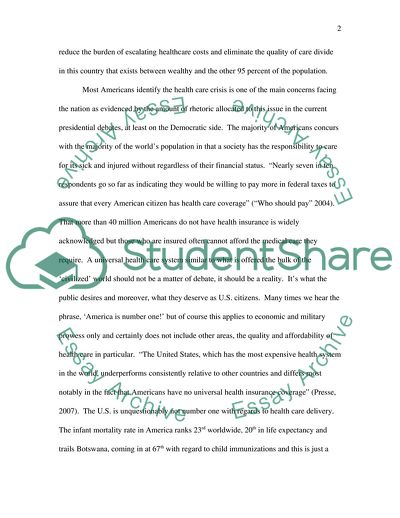Cite this document
(Healthcare Crisis in the USA Essay Example | Topics and Well Written Essays - 1500 words, n.d.)
Healthcare Crisis in the USA Essay Example | Topics and Well Written Essays - 1500 words. https://studentshare.org/health-sciences-medicine/1711497-there-should-be-universal-health-care
Healthcare Crisis in the USA Essay Example | Topics and Well Written Essays - 1500 words. https://studentshare.org/health-sciences-medicine/1711497-there-should-be-universal-health-care
(Healthcare Crisis in the USA Essay Example | Topics and Well Written Essays - 1500 Words)
Healthcare Crisis in the USA Essay Example | Topics and Well Written Essays - 1500 Words. https://studentshare.org/health-sciences-medicine/1711497-there-should-be-universal-health-care.
Healthcare Crisis in the USA Essay Example | Topics and Well Written Essays - 1500 Words. https://studentshare.org/health-sciences-medicine/1711497-there-should-be-universal-health-care.
“Healthcare Crisis in the USA Essay Example | Topics and Well Written Essays - 1500 Words”. https://studentshare.org/health-sciences-medicine/1711497-there-should-be-universal-health-care.


